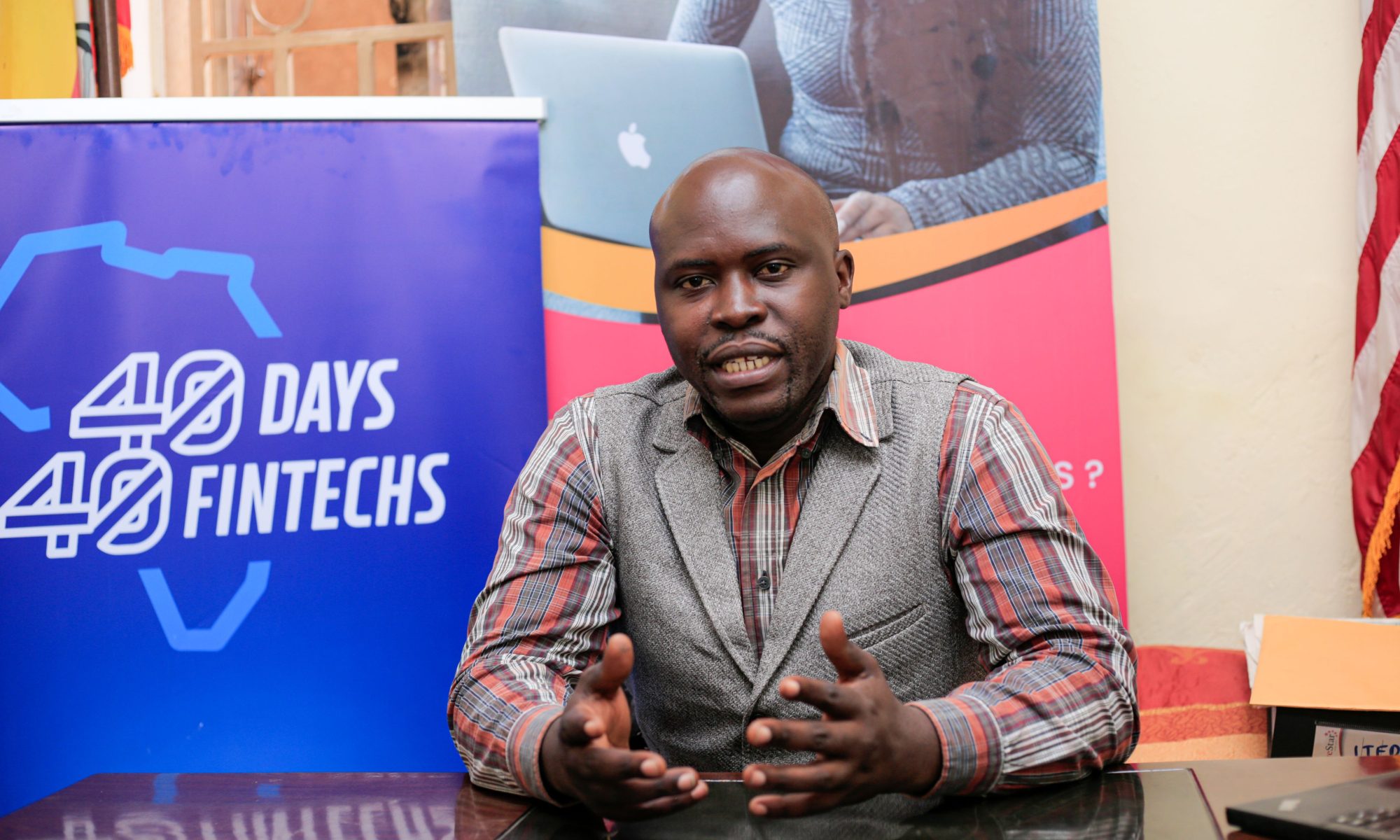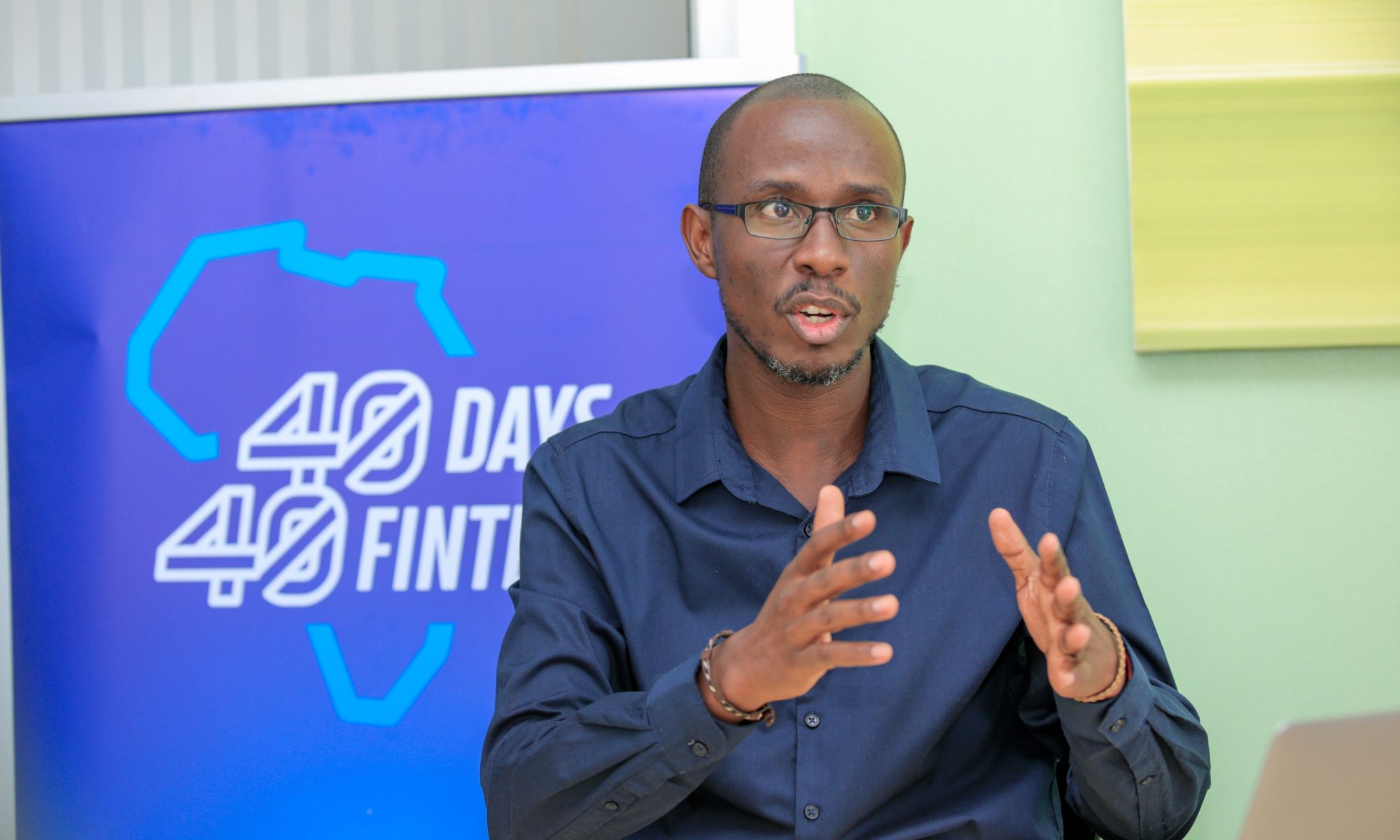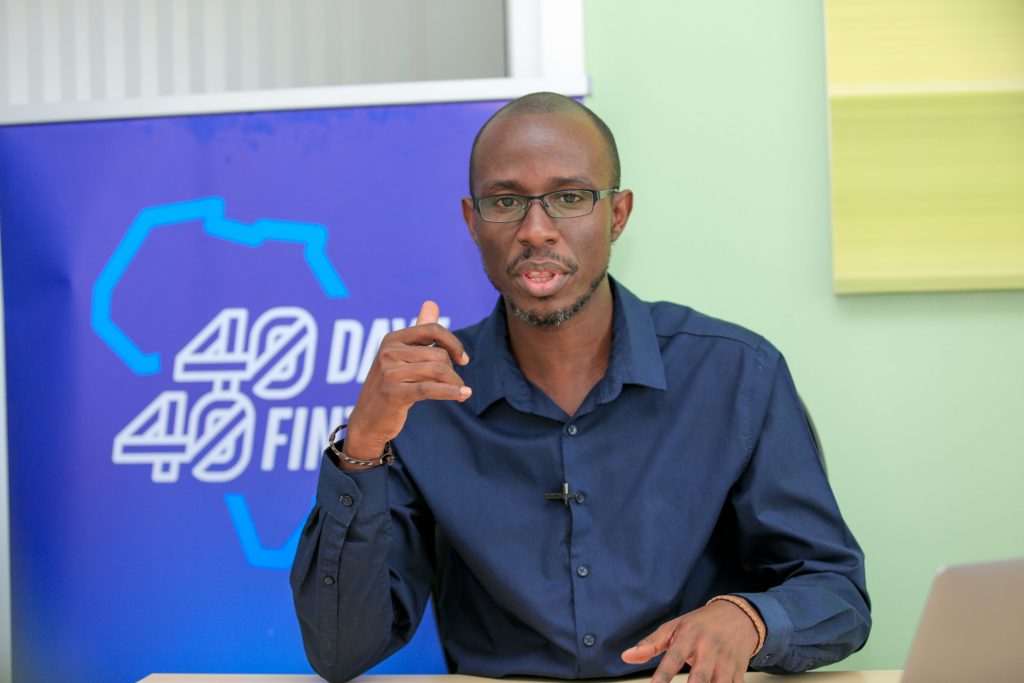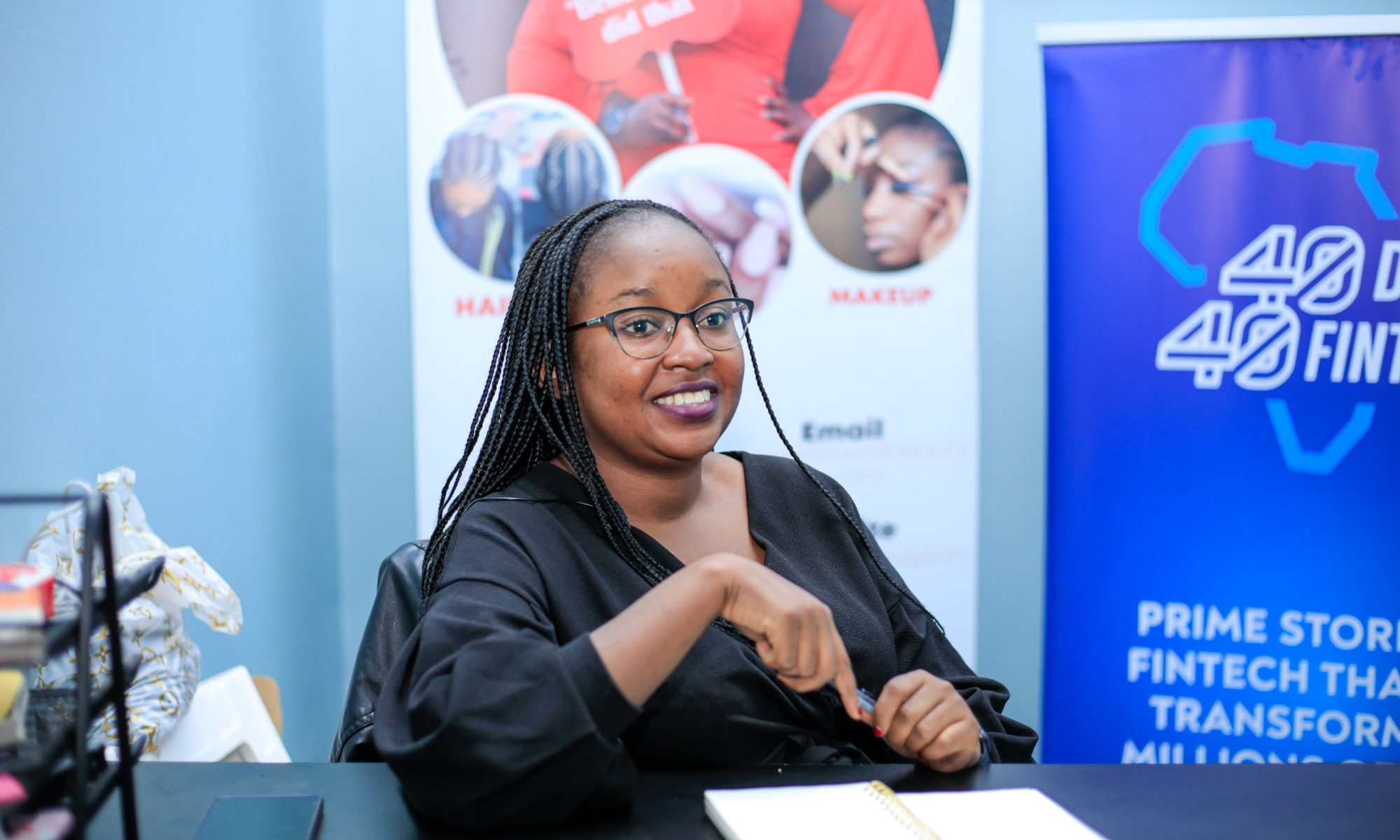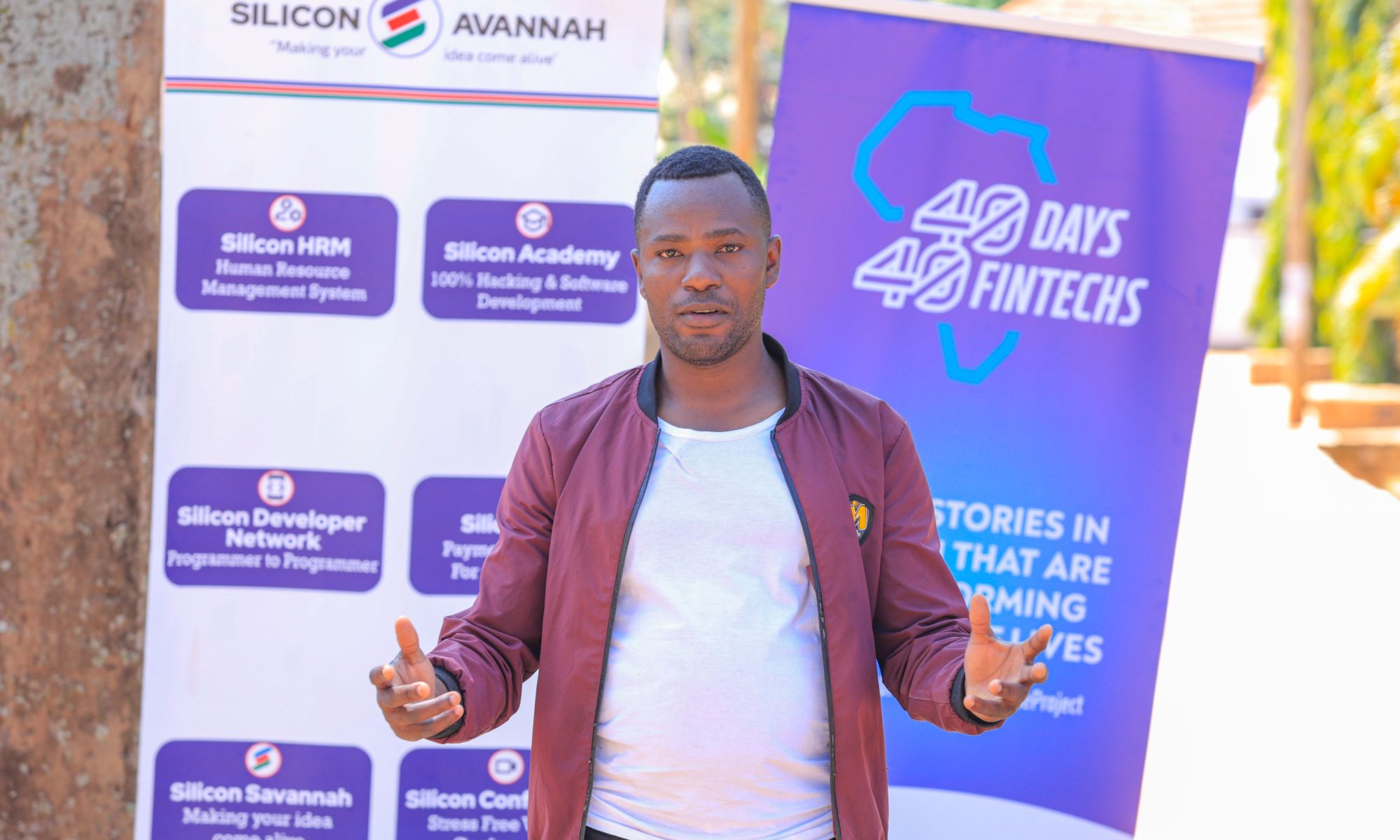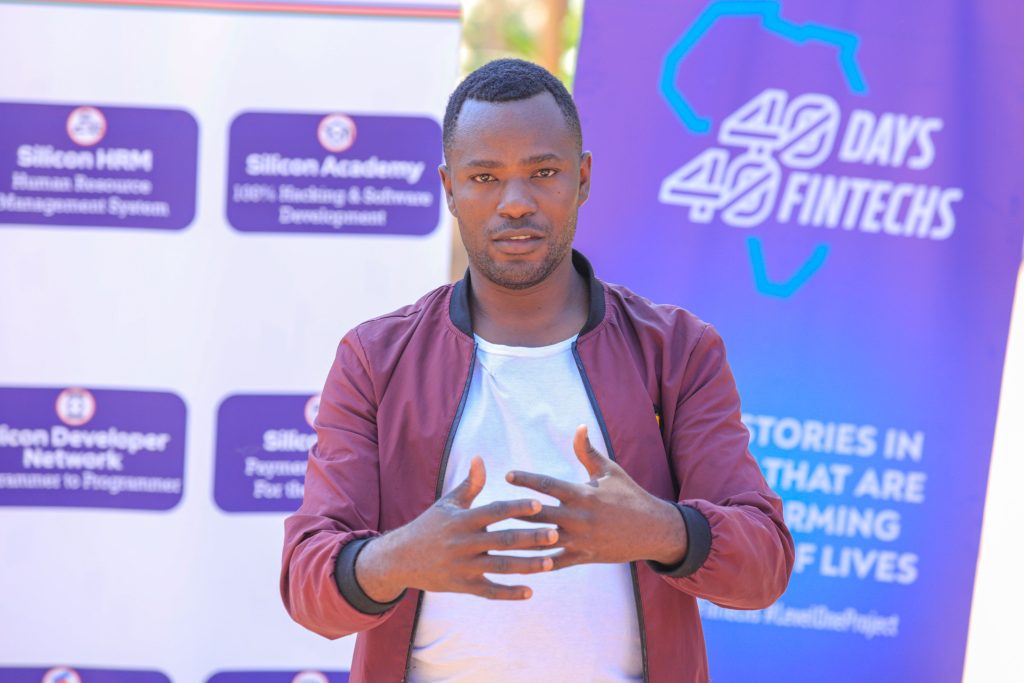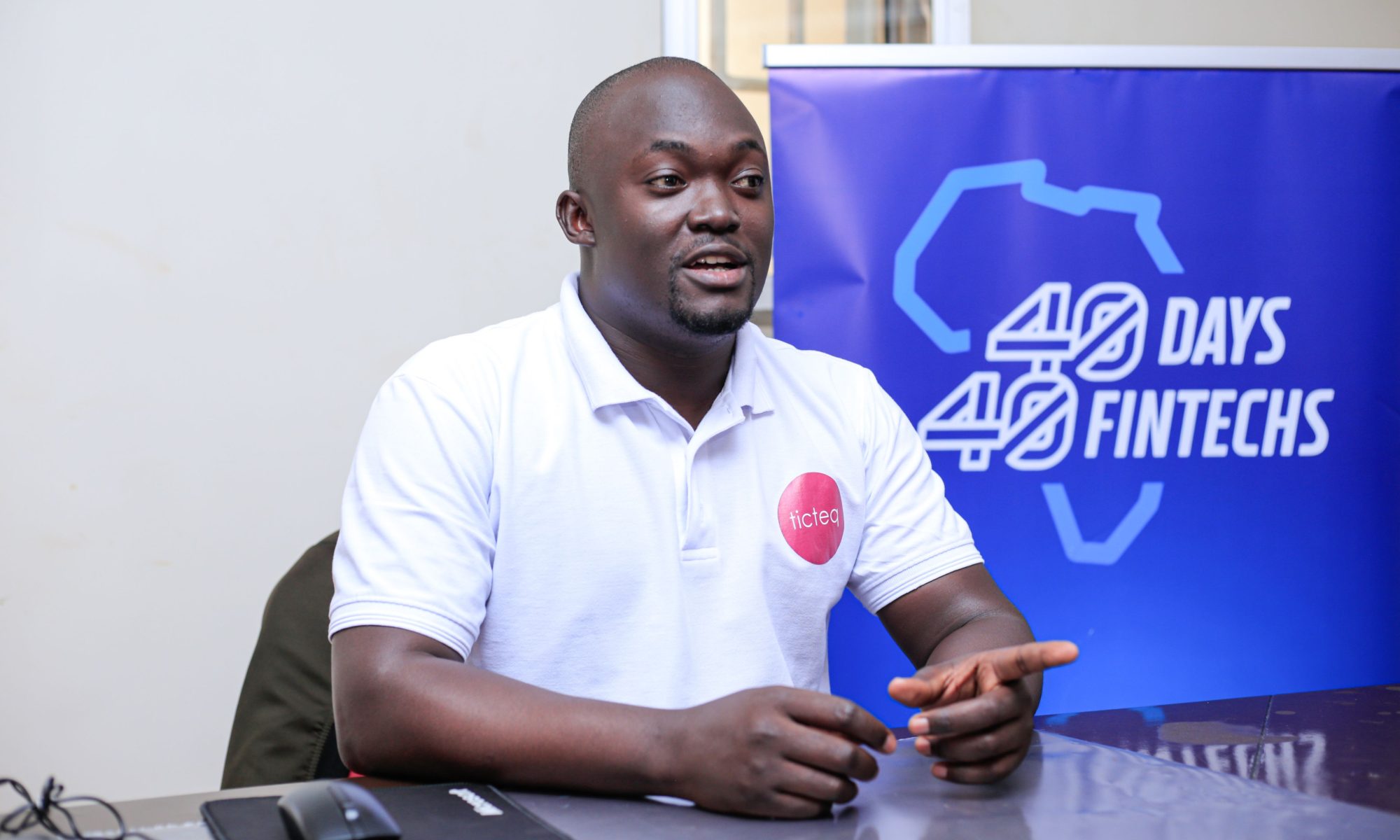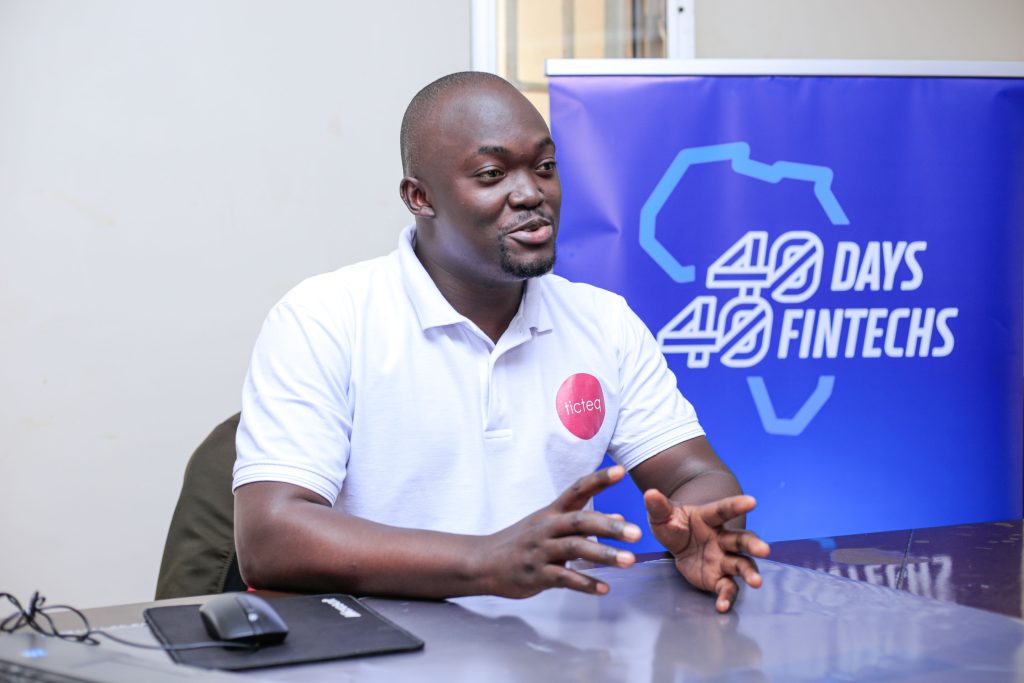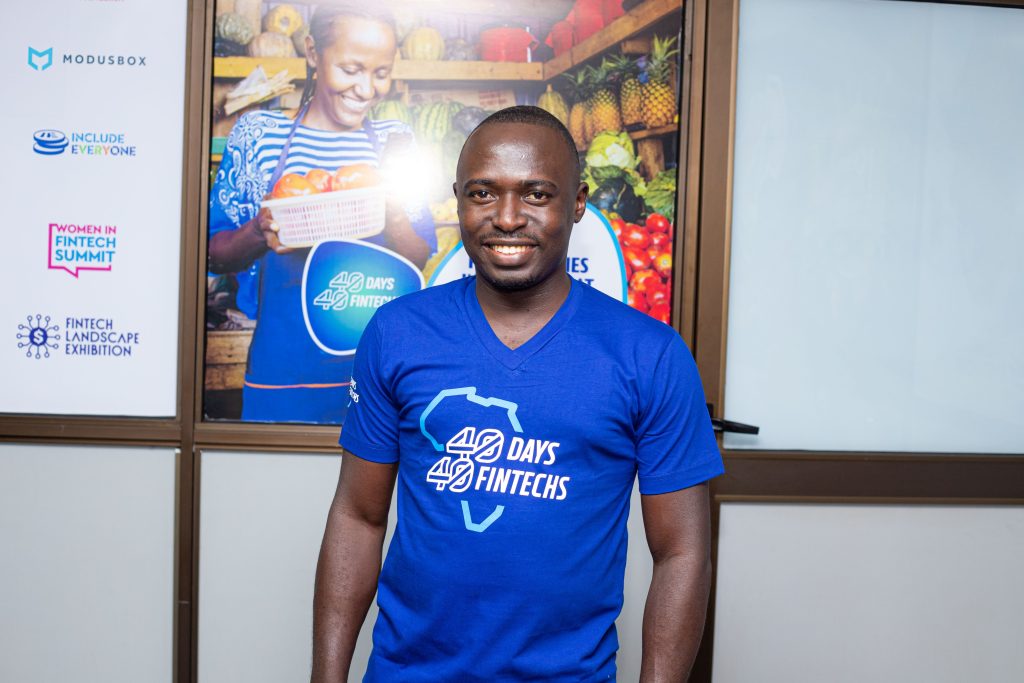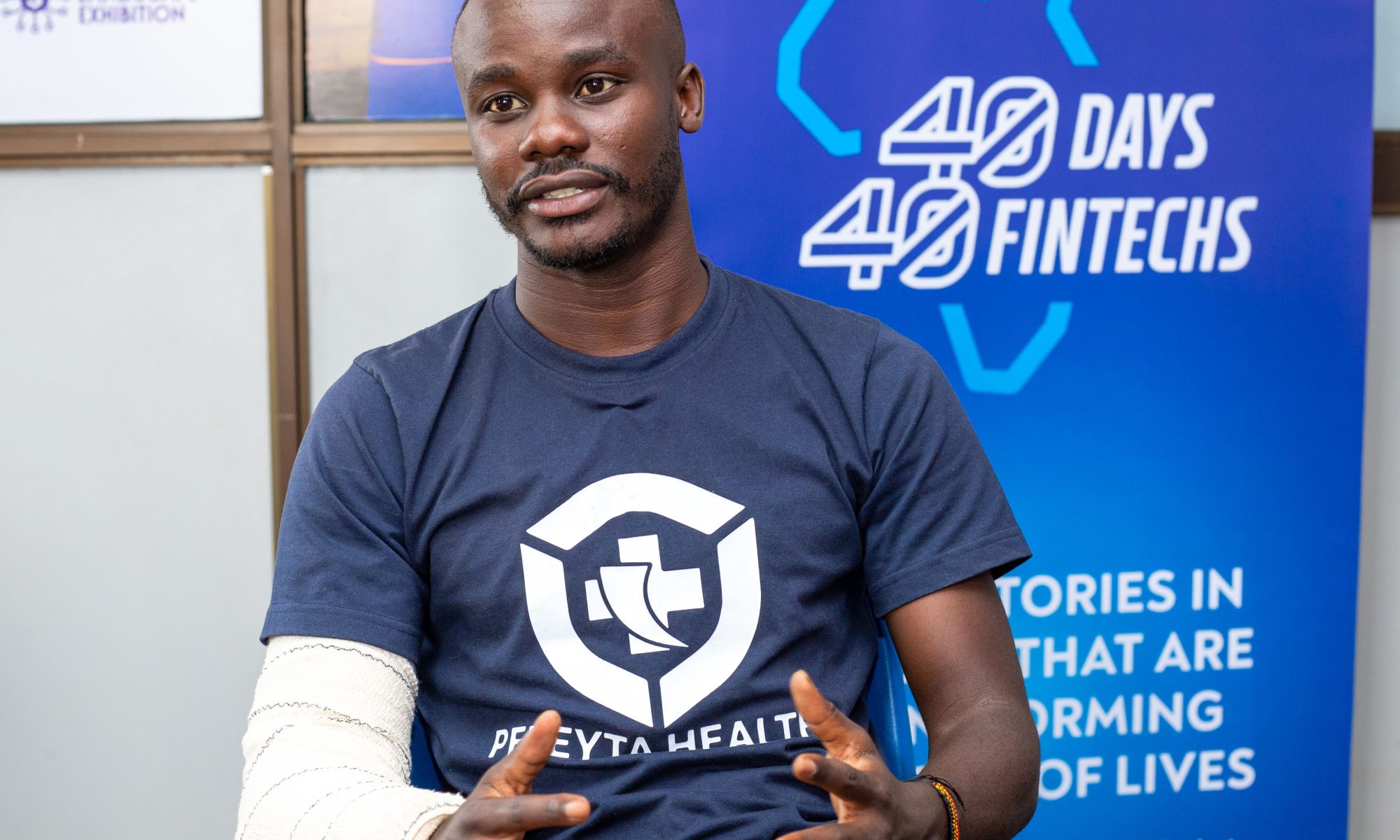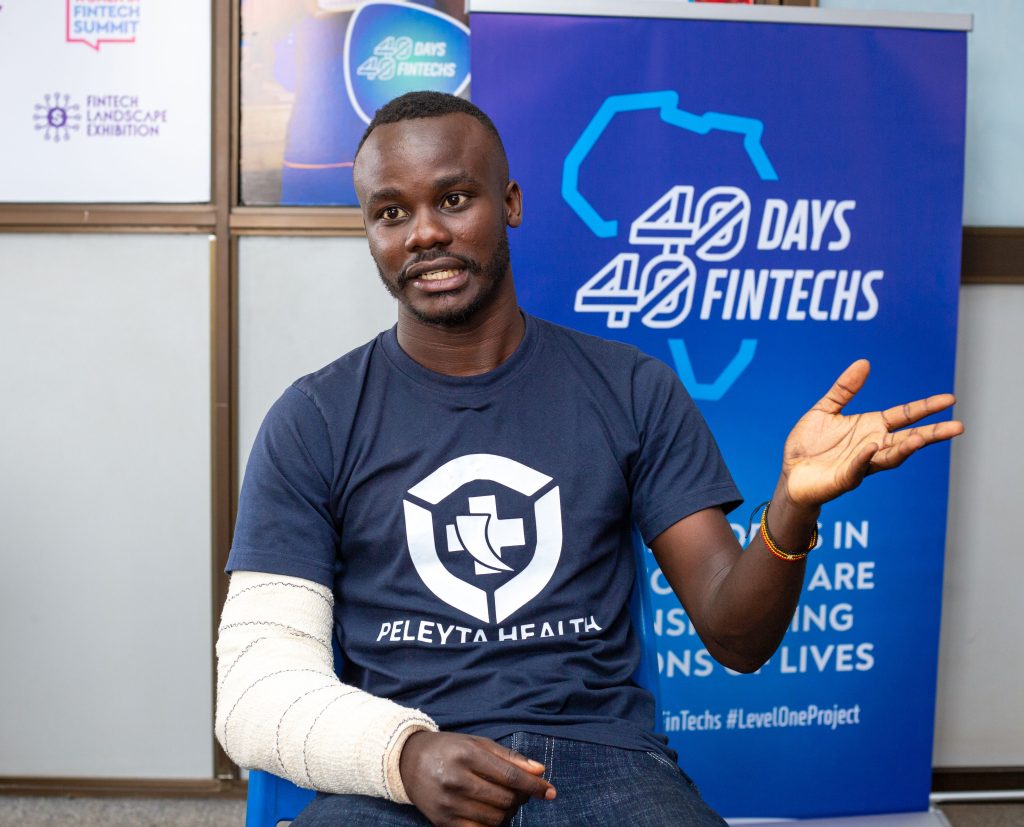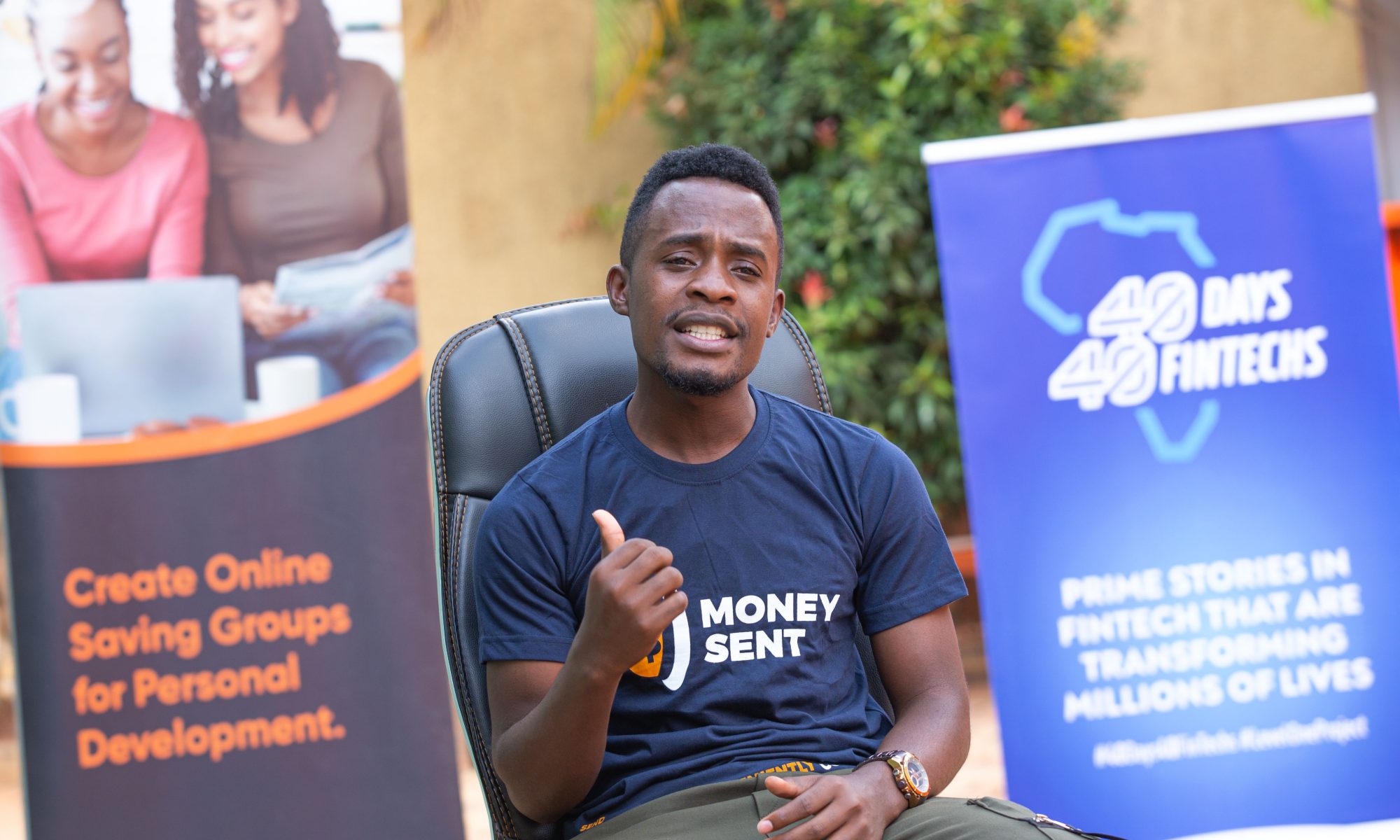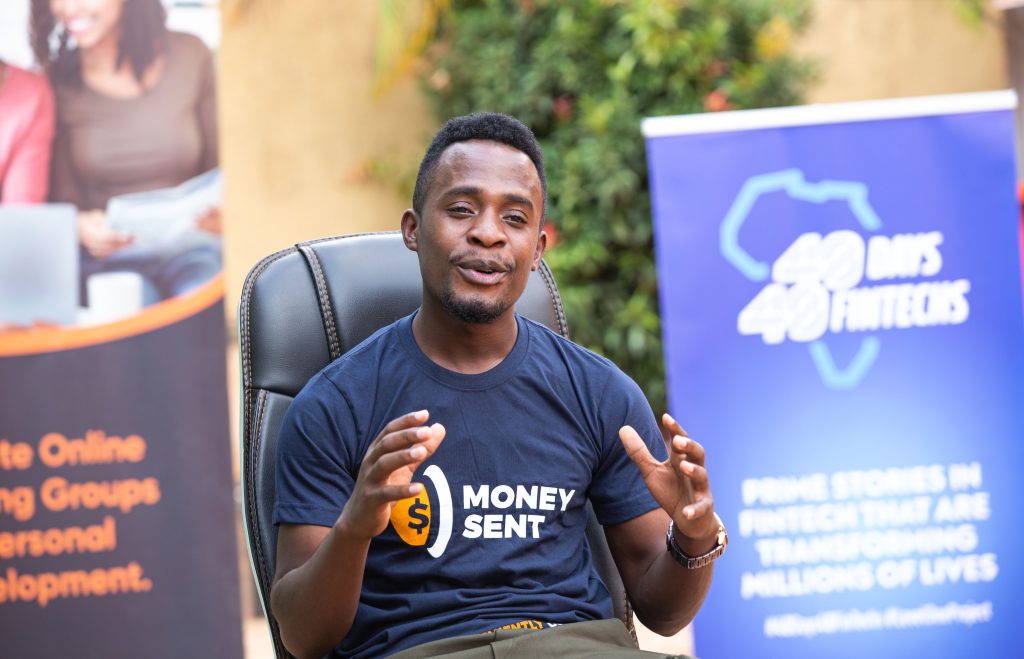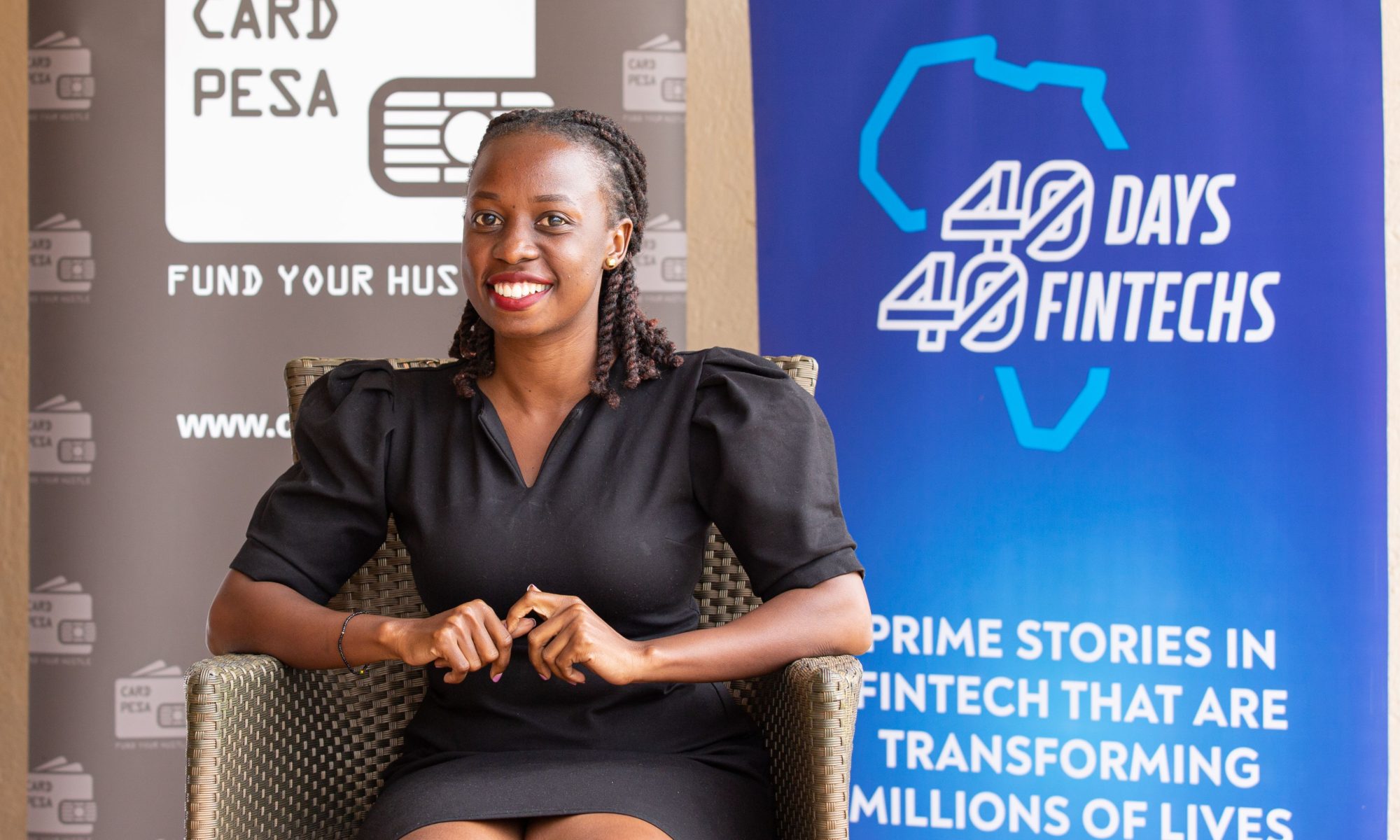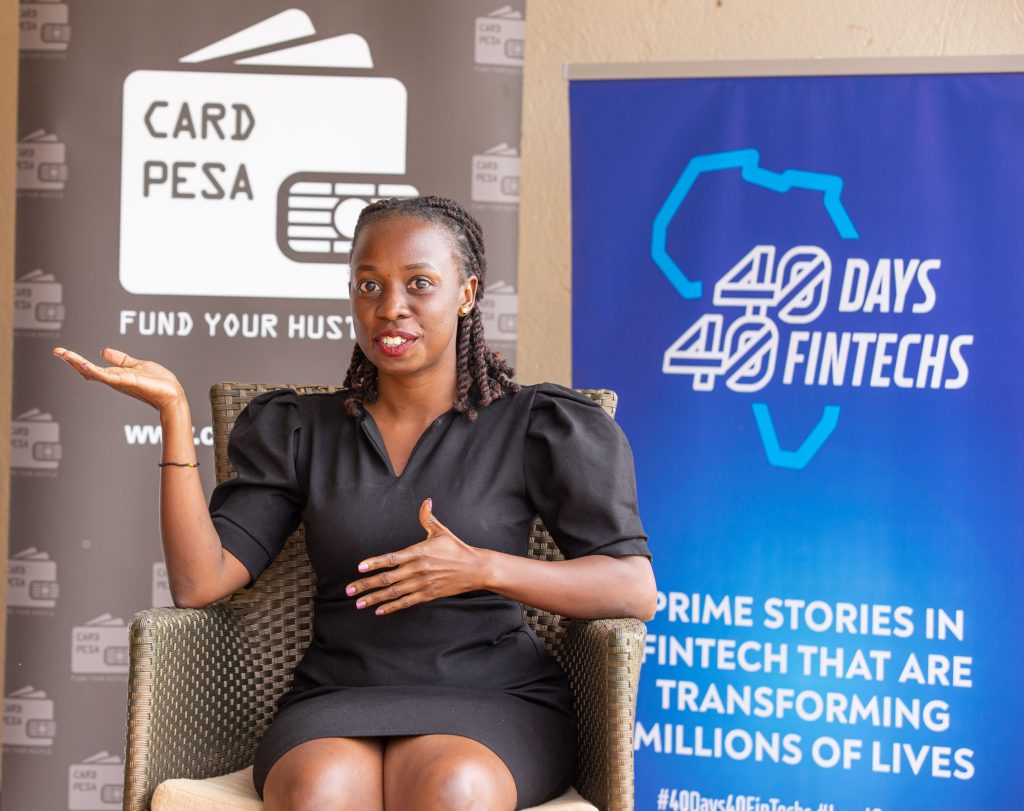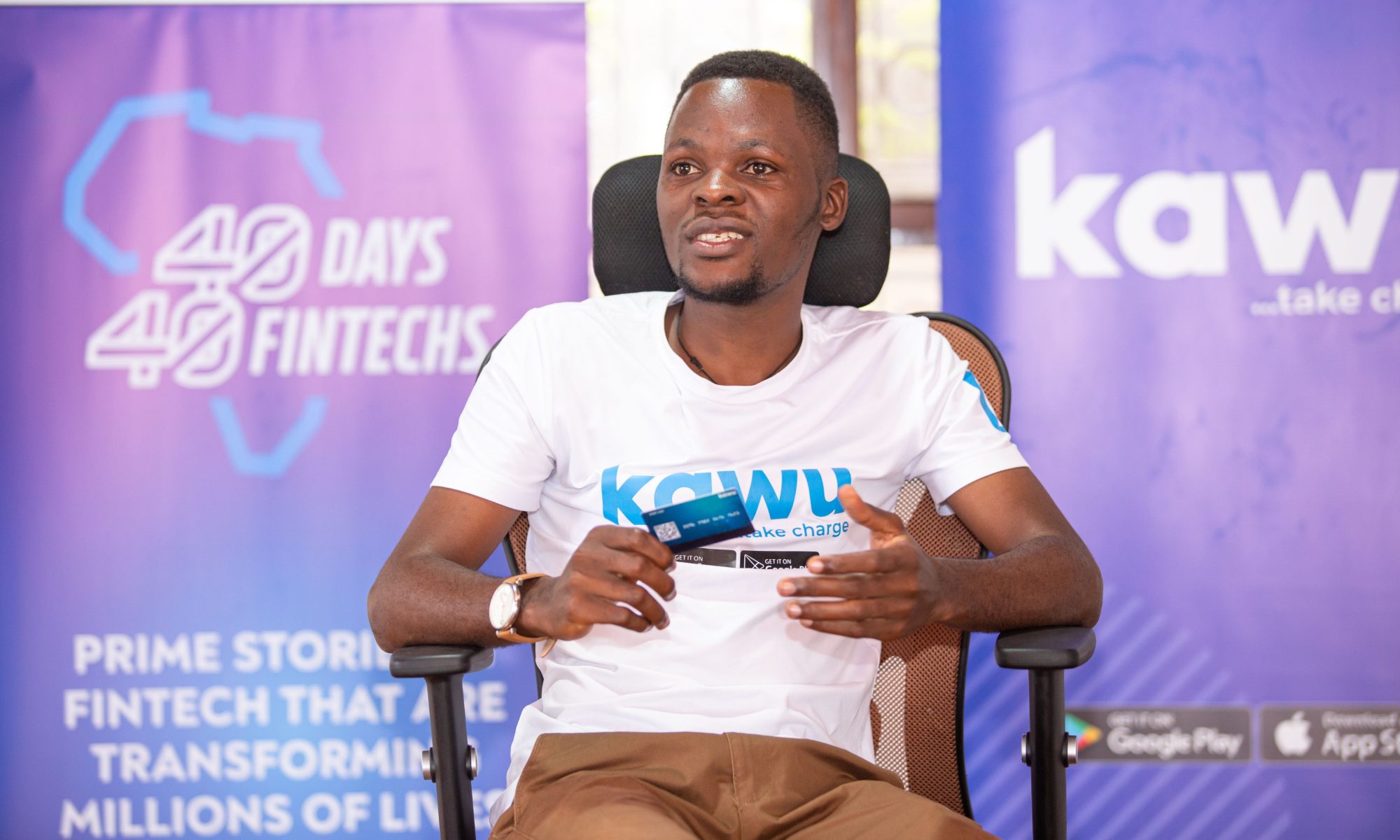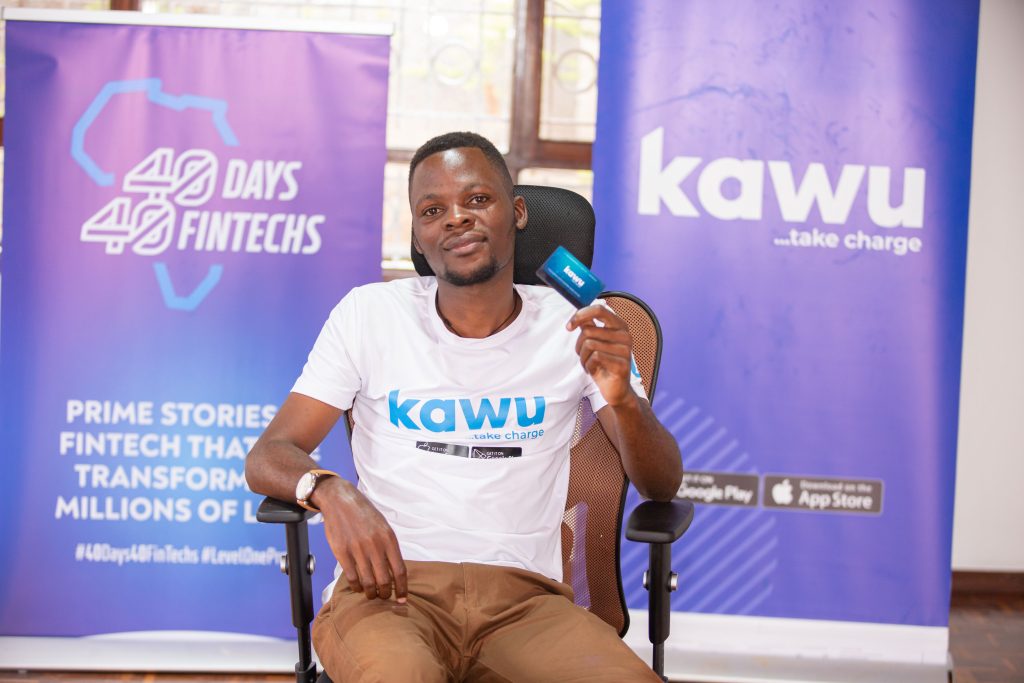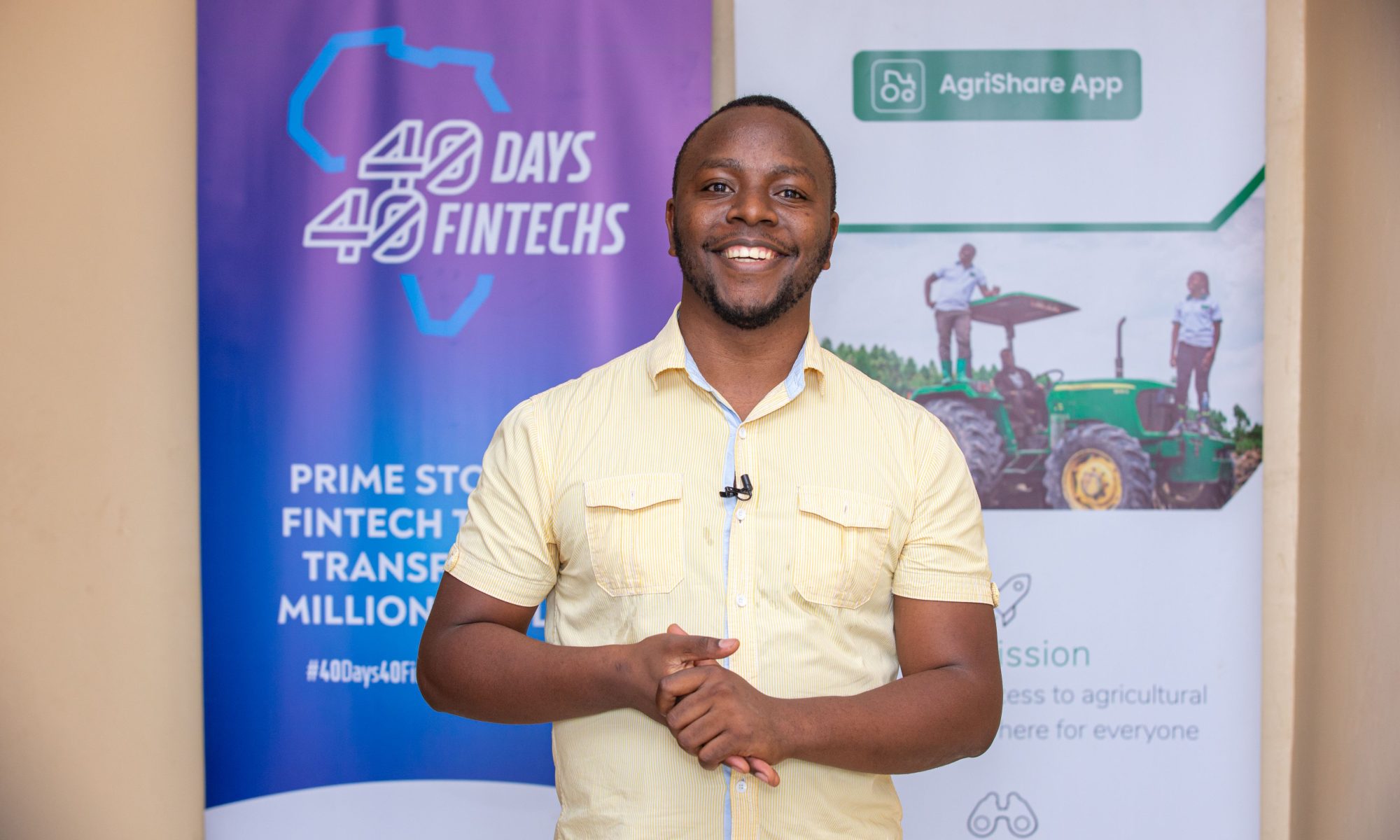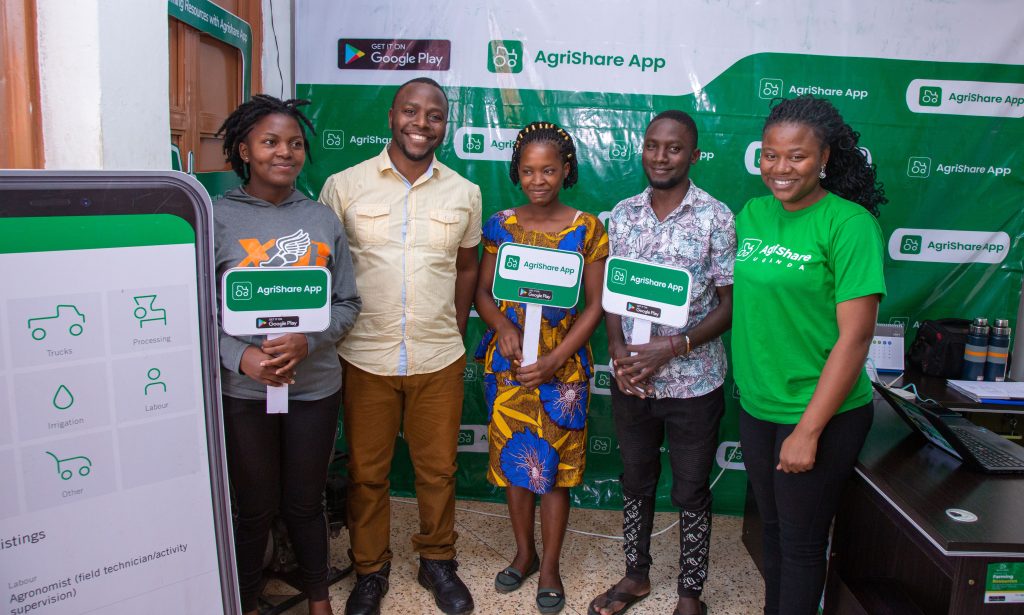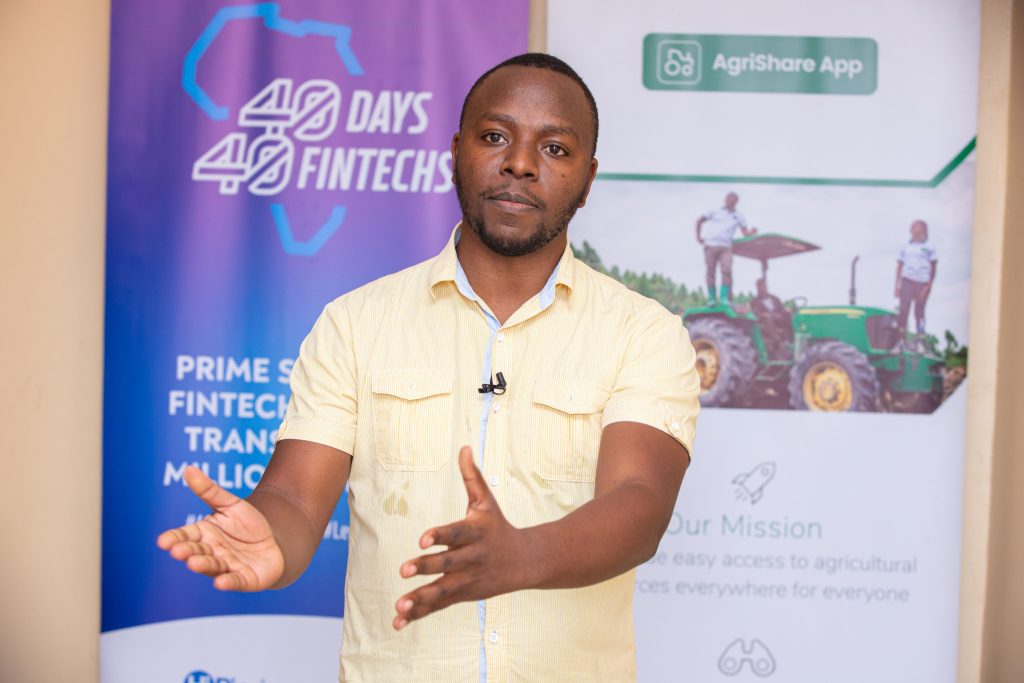Our Reporter.
The past two years of the Covid-19 pandemic literally placed everyone in their right place – for both good and bad reasons. On the bad side; businesses closed, people lost jobs, families were broken, education stagnated and the economy crumbled.
Like they say, in every challenge, there is always an opportunity. The pandemic, especially the lockdown, sharpened people’s minds to pave way for creativity, innovation and enterprise. Such terms as ‘working from home’, ‘new normal’ and ‘online trade’ became common and are now being put to good use.
For example, it was during the lockdown that Felix Balitumye realized the need to digitally empower women entrepreneurs whose businesses were on the rocks. Together with his team at Computing Palace Technologies, Balitumye created a digital e-commerce platform and named it Her Duuka where women would register their businesses and connect to customers digitally.
“The 2020 lockdown mostly affected women because they dominate the small retail businesses. We realized that there is need to empower them to stay afloat. Many had closed shops and their stock was just wasting away,” says Balitumye.
On the other hand, he says, people were all stuck at home but in great need of supplies, thus the need to connect suppliers to consumers. Her Duuka is a convenient online platform where one just needs to visit www.herduuka.com and register their business with specific product details, prices, location and contacts. Supplies range from home appliances, beauty, machinery, beverages, to foods and furniture.
“Our role is to register suppliers. All things on Her Duuka are owned by different people with independent businesses. If a person wants to buy, they go straight to Her Duuka and tap on the product and they are prompted to put details of where they want it delivered, payment mode, etc, and submit,” he says, noting that clients can pay using mobile money, cash on delivery or bank transfers.
Balitumye says this digital product has been a revelation to many women who had lost hope following the 2020 lockdown. To date, more than 500 businesses have registered on Her Duuka.
Because most women entreprenuers are either illiterate or semi-literate, Balitumye says that all entrants are taken through digital literacy trainings to ensure that they can ably use the platform.
“We then create a portal for every supplier which helps them manage daily transactions to track income and expenditure. In other words, it has an inbuilt financial management platform to help empower women in financial inclusion,” he says.
While they primarily enroll people with conventional businesses, Balitumye says they are now looking into incorporating people without physical shops or workshops. For instance, there are some students in hostels and even housewives who would want to register and sell their merchandise and make money.
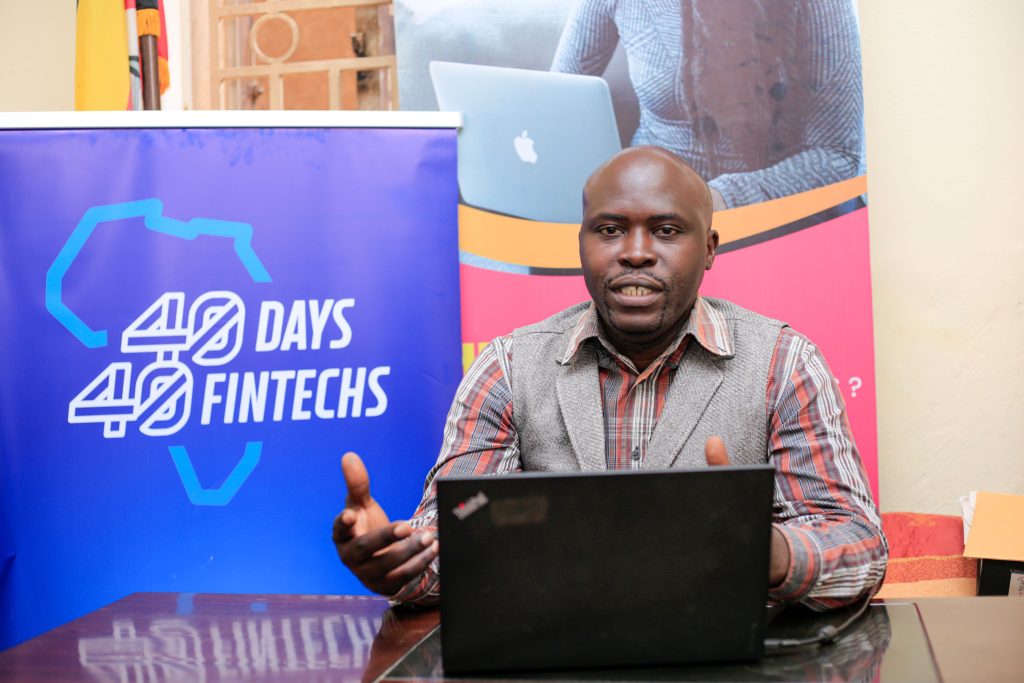
“Even men are asking to join the platform but, for now, we want to maintain the brand, making sure that women are taking the front lead,” Balitumye says.
There is no business without challenges. Balitumye says they still face resistance from some people with a negative attitude towards e-commerce platforms because some have been previously duped by scammers.
“The other problem is financial empowerment… these businesses take long to make profits. So, you have to keep investing. It needs a lot of resilience…and massive investment,” he said before applauding the 40 Days 40 FinTechs initiative for the massive awareness and advocacy for FinTechs.
40-Days 40-FinTechs.
Her Duuka is the tenth participant in the 2022 40-Days 40-Fintechs initiative.
Now in its third edition, #40Days40FinTechs has quickly grown into one of the world’s premier showcase events for the innovations that are enabling ever more people to join the digital economy space. That is surely going to remain the case, in large part due to the inspiration and collaboration that our partners Level One Project, Mojaloop, ModusBox, and Crosslake Technologies generate, but mostly because of the continuing generous support of the Gates Foundation.
Digital Innovators and FinTechs around East Africa should be more eager to embrace 40 Days 40 FinTechs as Season three covers physical destinations in Uganda, Kenya, Tanzania, Burundi and Rwanda.
Run under HiPipo’s Include Everyone program that also encompasses other initiatives such as FinTech Landscape Exhibition, Women in FinTech Hackathon, Summit & Incubator and the Digital and Financial Inclusion Summit and Digital Impact Awards Africa; the #40Days40FinTechs platform aptly provides a setting for the various players and stakeholders involved in digital and financial technology to exhibit their products & Services and also share their ideas on how more of us, especially those unserved and underserved by the present financial systems, can be brought into the fold.
The 40 Days 40 FinTechs initiative offers participants useful tools and an introduction to the industry’s emerging technologies, such as Mojaloop Open Source Software, and guidance from Level One Project foundational material. The skills gained from this initiative cover Level One Project Principles, Instant and Inclusive Payment Systems (IIPS), Inclusive Finance and FinTech in general.
According to HiPipo CEO Innocent Kawooya, this year’s edition will cement achievements of the previous editions – where over 60 FinTechs have been transformed – but also build on them to leverage digital financial inclusion in East Africa and beyond. “As HiPipo, our extensive effort and advocacy is partly for the intention of championing digital innovation and interoperable instant and inclusive payment systems (IIPS) in Africa to a point where our innovators enjoy and achieve sound profit margins to help them keep designing and deploying affordable and inclusive financial services for the poor,” Kawooya said.

